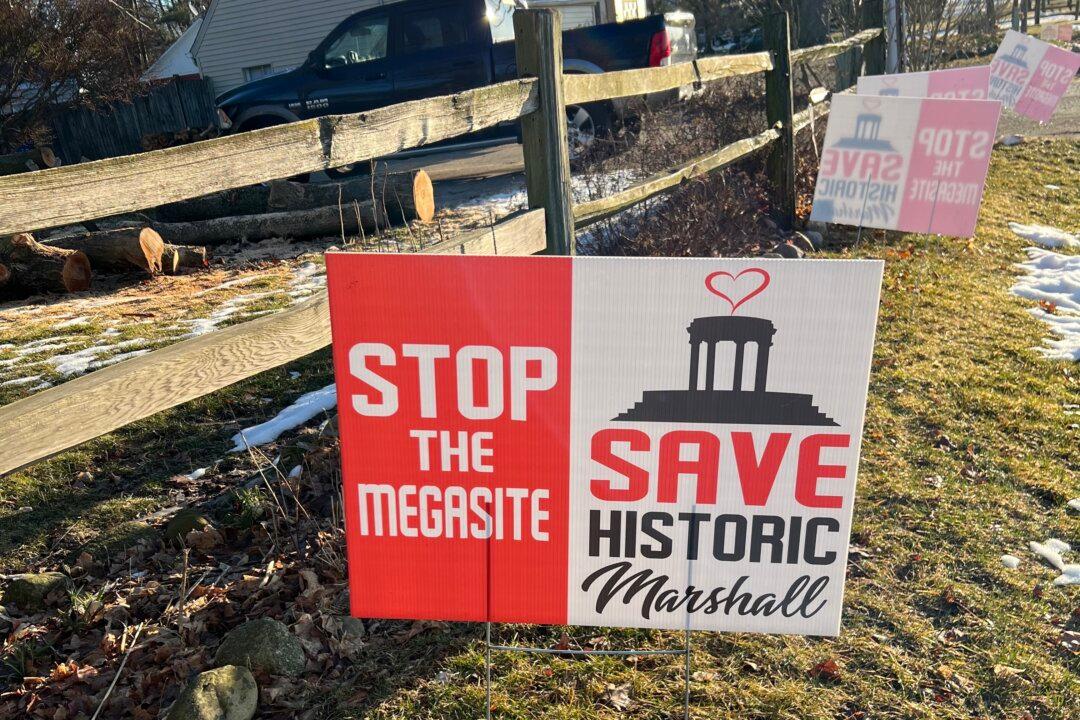Michigan locals are mounting resistance against Ford’s new battery plant partnered with a Chinese company.
The factory will be owned by Ford through a wholly-owned subsidiary without foreign investment; Chinese EV battery maker Contemporary Amperex Technology Co. Ltd. (CATL) will provide the battery technology, some equipment, and Chinese workers. The plant is expected to start operating in Marshall, a small township 100 miles west of Detroit, in 2026.



